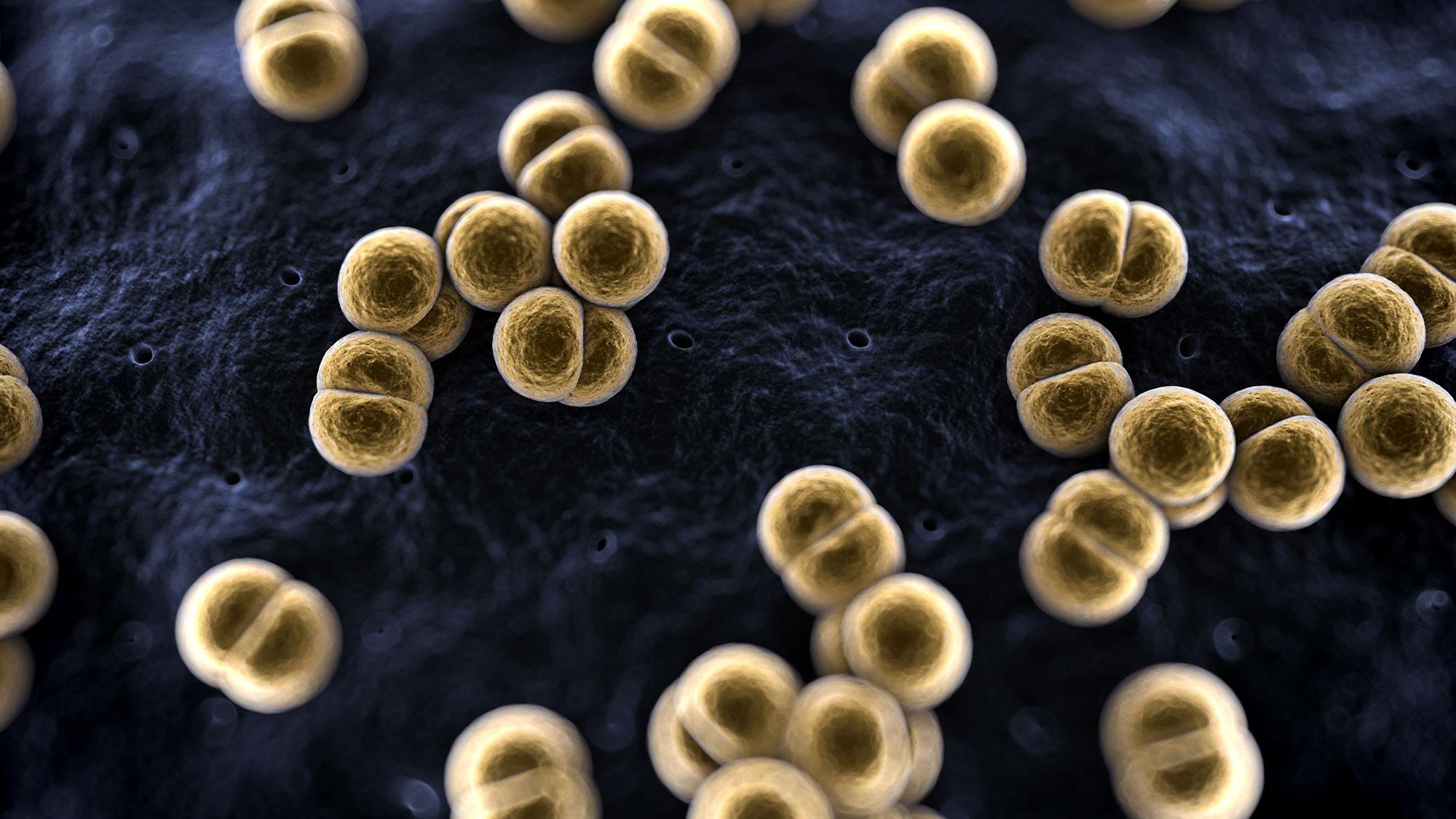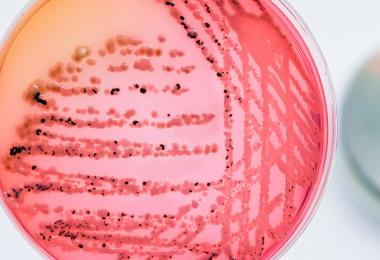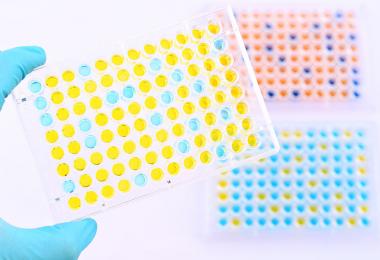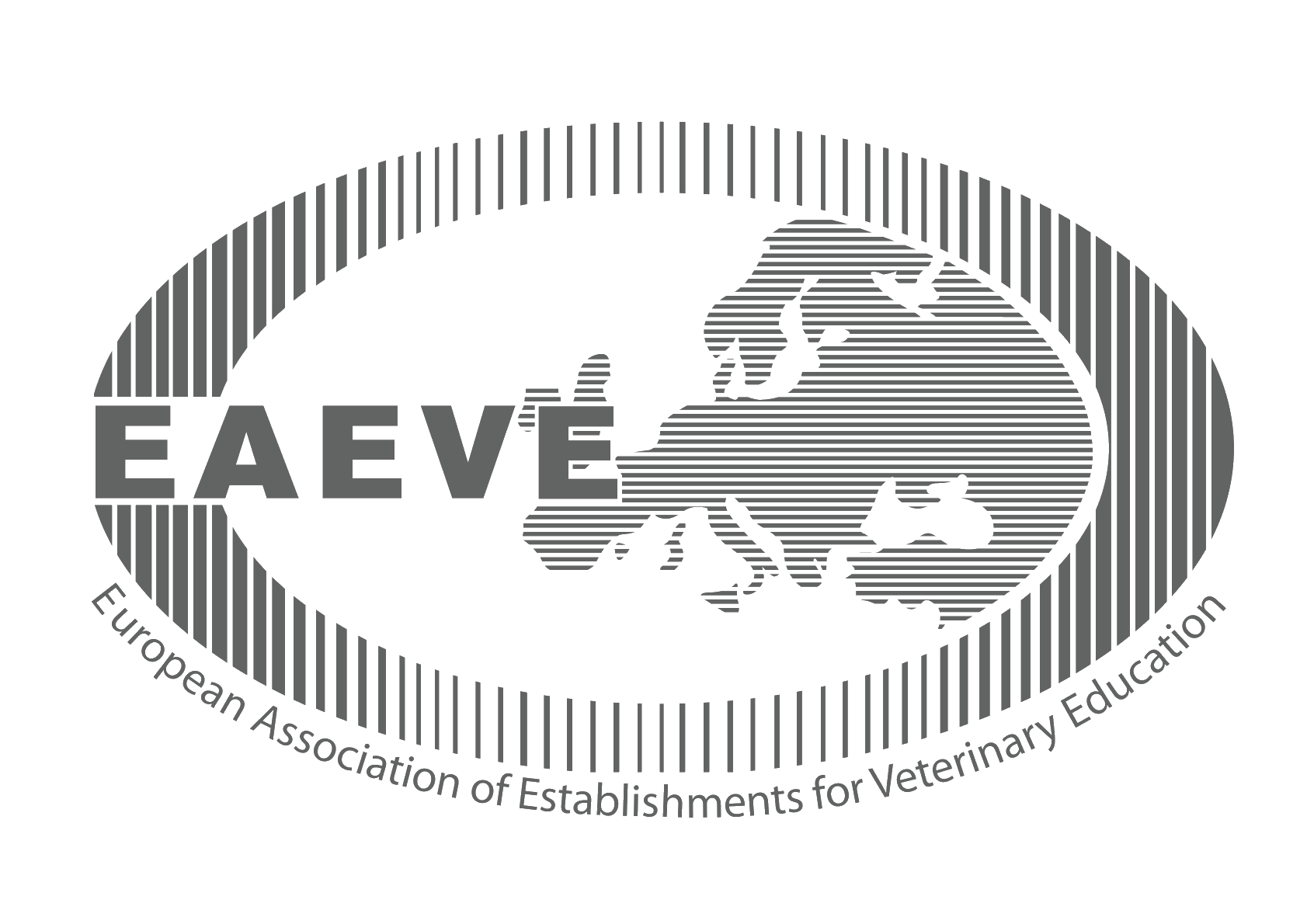The laboratories of the Institute of Microbiology and Parasitology carry out diagnostics of infectious diseases of animals.

Institute of Microbiology and Parasitology
Tests
Virological tests

Equidae
Equine infectious anemia (EIA), equine infectious arteritis, viral rhinopneumonitis, equine plague, equine influenza (infectious cough in horses), vesicular stomatitis, West Nile virus infection (West Nile fever)…

Cattle
Bovine viral diarrhoea (BVD), infectious bovine rhinotracheitis/infectious pustular vulvovaginitis (IBR/IPV), bluetongue, nodular dermatitis, foot-and-mouth disease, enzootic bovine leukosis, parainfluenza, bovine respiratory viral infections, papillomatosis, parapox virus (bovine papular stomatitis, cowpox virus)…

Small cattle
Viral arthritis/goat encephalitis, maedi-visna virus, cattle plague, infectious ectim (Orf virus), Schmallenberg virus, malignant catarrhal fever…

Pigs
African swine fever, classical swine fever, Aujeszky's disease(pseudorabies), porcine reproductive and respiratory syndrome (PRRS), viral inflammation of the stomach and intestines (TGE), vesicular disease, rotavirus and coronavirus infections ...

Fish
Viral haemorrhagic septicaemia (VHS), infectious haematopoietic necrosis virus (IHNV), infectious pancreatic necrosis (IPN), Koi herpes virus (KHV), carp spring viremia, epizootic haematopoietic necrosis, sleeping disease, and others.
Bacterial and mycological tests

Pathogens
Identification of bacterial and fungal pathogens:
- general bacteriological examination (skin, mucous membranes, urine, faeces, etc.),
- targeted bacteriological tests (salmonella, campylobacter, Listeria monocytogenes, contagious equine metritis - CEM, detection of bacterial pathogens of bees and fish…),
- general mycological examinations
- directed mycological examinations (dermatophytes, aspergilli, yeasts)
- tests for particularly dangerous bacteria in the laboratory of the 3rd biosafety level (crowding, brucellosis, tuberculosis, tularemia…)
- molecular testing (PCR, PFGE, sequencing)

Resilience
Determining the resistance of bacteria to antimicrobial medicine - antibiograms:
- disk diffusion method (DD)
- determination of the minimum inhibitory concentration using the microdilution method (MIC)

Antibodies
Detection of antibodies against bacterial and parasitic agents:
- rapid agglutination (Rose Bengal test, RSAT): brucellosis
- complement binding reaction (RVC): brucellosis, maleus, durina
- immunofluorescence (IF): Lyme borreliosis, granulocytic anaplasmosis, erlihiosis, toxoplasmosis, leishmaniasis
- enzyme-linked immunosorbent assay (ELISA): enzootic sheep smear (sheep chlamydiosis), Q fever, paratuberculosis, brucellosis, toxoplasmosis, leishmaniasis, neosporosis
Parasitological examinations
Examinations of excrement on internal parasites (mammals, tapeworms, cylindrical worms, protozoa)
Blood test for blood parasites (Babesia sp., Microfilariae)
Trichinella muscle examination using the digestive method
Examination of hair, skin shavings and swabs for the presence (determination) of external parasites (scabies, mites, ticks ...)
Examination of fish for Anisakis sp.
Examination of organs and tissues for echinococcosis and cysticercosis agents and other parasites
Determining parasites using molecular methods:
- Babesia sp.
- Neospora caninum
- Giardia duodenalis
- Trichinella - vrste
Contacts
Head |
dr. Tina Pirš | |
| Phone | 01 4779 811 | |
| tina.pirs@vf.uni-lj.si | ||
Administration |
||
| Phone | 01 4779 159 | |
| Fax | 01 4779 352 | |
| mikrolab@vf.uni-lj.si | ||
| Address | Gerbičeva 60 1000 Ljubljana |
|
| Phone | 01 4779 181 | |
| Fax | 01 4779 352 | |
Department |
zn. sod. dr. Urška Kuhar | |
| Telefon | 01 4779 845 | |
| urska.kuhar@vf.uni-lj.si | ||
| Address | Gerbičeva 60 1000 Ljubljana |
|
| Phone | 01 4779 159 | |
| Fax | 01 4779 352 | |
Department Head |
zn. sod. dr. Brane Krt | |
| Phone | 01 4779 167 | |
| brane.krt@vf.uni-lj.si | ||
| Address | Cesta v Mestni log 47 1000 Ljubljana |
|
| Phone | 01 4779 177 | |
| Fax | 01 4779 880 | |
Department Head |
dr. Janez Posedi | |
| Phone | 01 4779 176 | |
| janez.posedi@vf.uni-lj.si | ||




